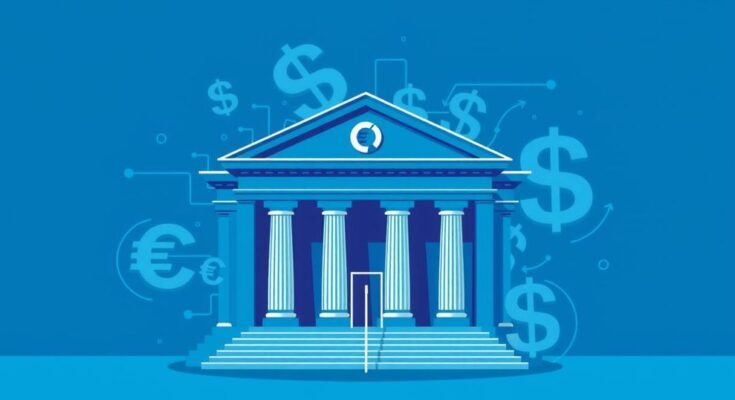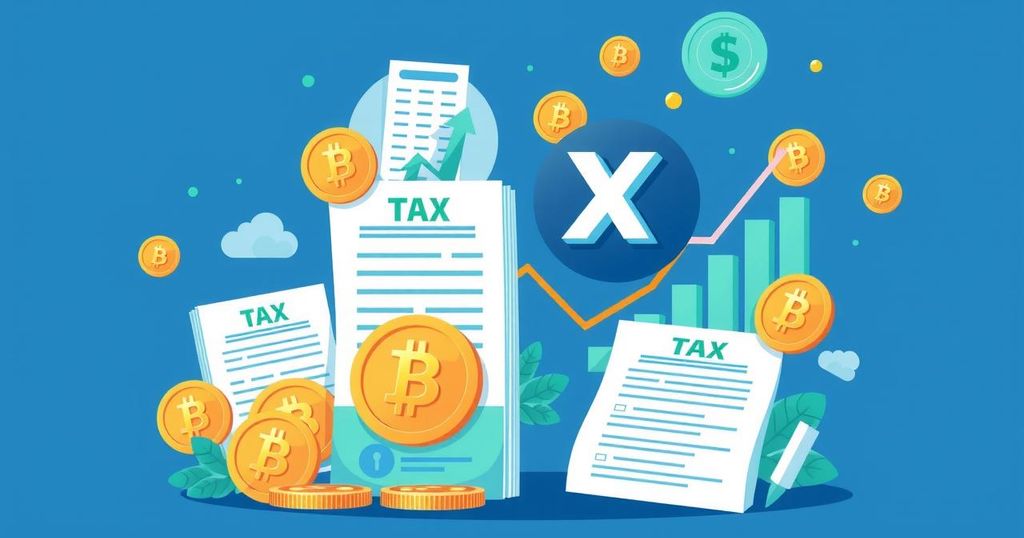The U.S. is involved in Lebanon’s selection process for a new central bank governor, aiming to combat corruption and reduce Hezbollah’s influence. Candidates are being reviewed for their commitment to reform. The upcoming governor will play a critical role in economic recovery efforts following Lebanon’s severe financial crisis and will need to align with international demands for reform to secure financial assistance.
The United States is actively participating in Lebanon’s selection process for the next central bank governor. This initiative aims to mitigate corruption and the financing of Hezbollah through Lebanon’s banking system, amidst ongoing economic turmoil that has plagued the nation for over five years. The U.S. continues to emphasize a hands-on approach, particularly in light of the weakened political influence of Hezbollah following recent conflicts.
Since the appointment of Joseph Aoun as President, the new Lebanese government, which excludes Hezbollah, must address vacant positions, including the central bank’s leadership. Currently, the bank is overseen by an interim governor since July 2023. U.S. officials are reportedly assessing various candidates’ qualifications, emphasizing the need for integrity and dedication to reform in response to Lebanon’s financial crisis.
Sources indicate that several candidates, such as former minister Camille Abousleiman and investment firm leaders Firas Abi-Nassif, Philippe Jabre, and Karim Souaid, have emerged as potential frontrunners for the central bank position. The next governor will be at the helm of crucial economic reforms, which the current government has pledged to prioritize to alleviate the financial chaos stemming from long-term corruption and mismanagement.
Lebanon is seeking to restart negotiations with the International Monetary Fund to secure financial assistance, although implementing reform measures is a prerequisite. Moreover, Western and Arab nations have underscored the necessity of such reforms for any reconstruction aid, as parts of Lebanon remain devastated after military conflicts. Discussions regarding candidates among U.S. officials and Saudi Arabia underscore the regional interests in Lebanon’s financial governance.
The new governor will succeed Wassim Mansouri, who has been managing the bank since the removal of the former chief, Riad Salameh, in disgrace. Salameh’s tenure has been marred by allegations of corruption and financial misconduct, leading to sanctions from the U.S., U.K., and Canada. Lebanon’s financial instability has previously drawn scrutiny, with the country placed on a financial watchdog’s “grey list” due to deficiencies in addressing terrorism financing and money laundering issues.
In conclusion, the U.S. is significantly influencing the decision-making process in Lebanon regarding the next central bank governor in efforts to combat corruption and reduce Hezbollah’s financial leverage. The selection of a credible and reform-oriented leader is crucial for the stabilization and recovery of Lebanon’s economy. Continuing to engage with international partners, particularly the IMF and Arab nations, will also be vital for securing necessary financial support and rebuilding the nation.
Original Source: www.usnews.com




